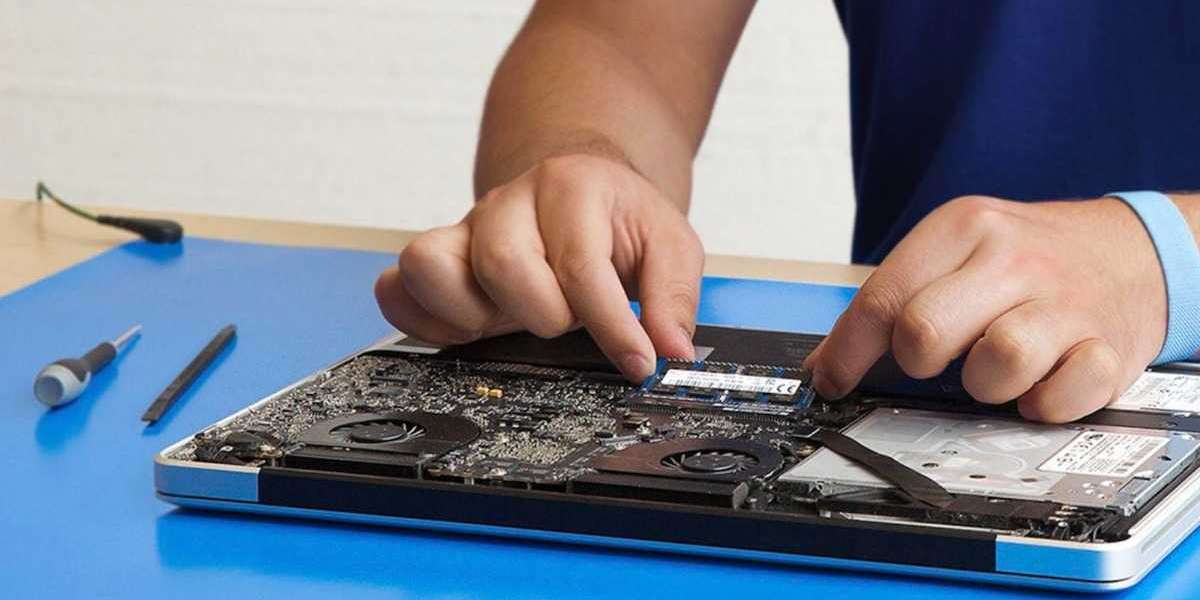Unlock the Ultimate Power: Transform Your RC Car Experience Today!
When it comes to enhancing your RC car experience, the right battery pack is pivotal. A quality RC car battery pack can dramatically elevate your vehicle's performance, providing not just speed but also longevity and reliability. Imagine racing through the backyard, feeling the thrill of your car's powerful acceleration, powered by a battery that lasts longer than your usual models. Whether you're a casual hobbyist or a serious racer, investing in the right battery can transform your entire experience, ensuring that your RC car is not just a toy, but a high-performance machine that meets your expectations and delivers excitement with every run.

Understanding RC Car Battery Packs
RC car battery packs are the lifeblood of your remote-controlled vehicle. They come in various types, each offering distinct advantages and disadvantages. The most common types include Nickel-Metal Hydride (NiMH) and Lithium Polymer (LiPo) batteries. NiMH batteries are generally more durable and less sensitive to overcharging, making them a good option for beginners. However, they tend to be heavier and offer lower discharge rates compared to LiPo batteries. On the other hand, LiPo batteries are lighter and provide higher voltage, resulting in greater speed and acceleration. However, they require careful handling and specific charging equipment to avoid damage. Understanding these differences is crucial as they directly influence your RC car's performance and compatibility with various models. When selecting a battery, consider your driving style, frequency of use, and whether you prioritize speed or ease of use.
Factors to Consider When Choosing an RC Car Battery Pack
Choosing the right RC car battery pack involves considering several critical factors. Firstly, voltage is essential as it directly influences speed; higher voltage typically means faster performance. Next is capacity, measured in milliamp hours (mAh); a higher capacity means longer run times, which is crucial for extended racing sessions. Discharge rates, indicated in C ratings, determine how quickly a battery can deliver power; a higher discharge rate is vital for high-performance racing. Size and weight also play significant roles, as the dimensions of the battery must fit your RC car without exceeding weight limits. Lastly, connector types must match your car's specifications to ensure compatibility. Each of these factors affects not only the performance of your RC car but also its overall compatibility with your existing setup, making it vital to do your research before purchasing.
Upgrading Your RC Car with the Right Battery Pack
Upgrading to a high-quality battery pack can significantly enhance your RC car's performance. With a better battery, you can expect longer run times and improved efficiency, allowing for extended play without needing to recharge. When considering an upgrade, ensure that the new battery's voltage and capacity are compatible with your car's electronics. It's also advisable to check the physical dimensions to ensure it fits in your RC car's battery compartment. A friend of mine recently upgraded his RC car with a high-capacity LiPo battery, and the difference in speed and run time was astonishing. He was able to race longer and faster, enjoying the thrill of high-speed runs without worrying about battery life. Properly researching and executing an upgrade can turn your average RC experience into something exhilarating and unforgettable.
Maintaining Your RC Car Battery Pack
To prolong the life of your RC car battery pack, proper maintenance is essential. Start with charging practices: always use the recommended charger for your battery type and avoid overcharging, as this can lead to reduced performance or even damage. Storage is another crucial factor; storing batteries in a cool, dry place can prevent degradation. For LiPo batteries, consider using a fire-safe bag for added safety. Additionally, regularly inspect your battery for any signs of wear, such as swelling or discoloration, as these can indicate potential failure. By following these maintenance tips, you can ensure that your battery pack remains in optimal condition, providing reliable performance for all your RC adventures.
Key Takeaways for Optimal RC Car Performance
In summary, selecting the right RC car battery pack is fundamental for achieving the best performance from your remote-controlled vehicle. Understanding the different types of batteries, considering crucial factors like voltage and capacity, and practicing proper maintenance can make all the difference in your RC experience. Whether you're looking to enhance speed, run time, or reliability, making informed choices about your battery pack will lead to greater enjoyment and satisfaction. So take the plunge, explore your options, and unlock the ultimate power for your RC car today!








